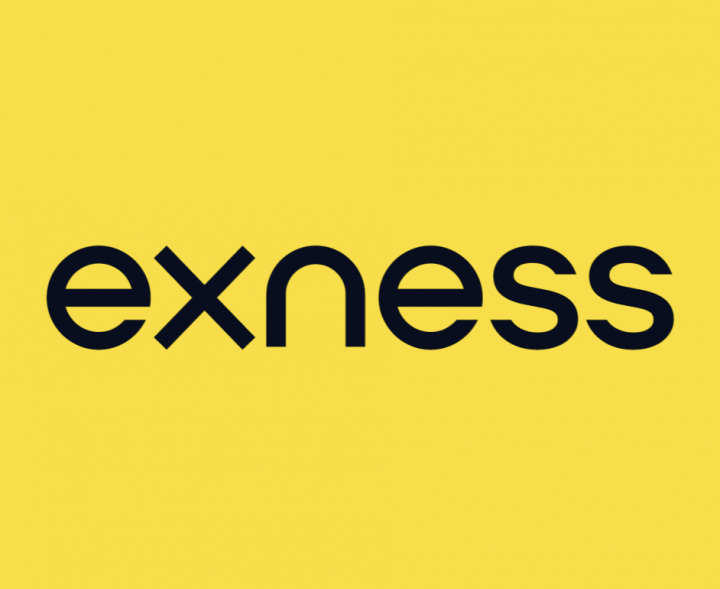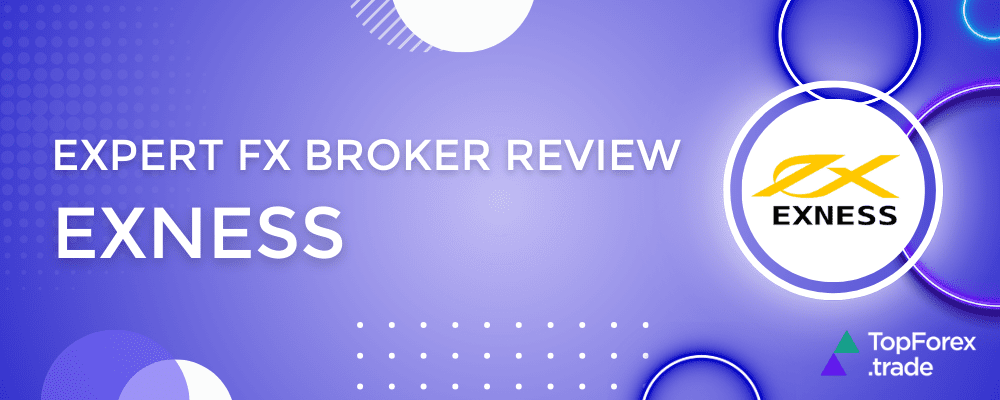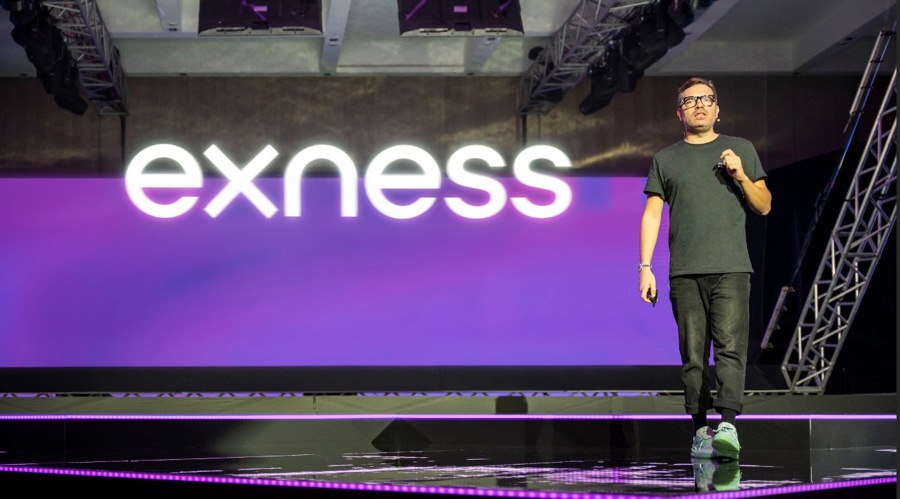
Exness Account Comparison: Find the Right Choice for You
In the world of online trading, selecting the appropriate trading account can significantly impact your trading experience and potential success. Exness, a well-regarded brokerage firm, offers a range of account types that cater to different trading styles and preferences. In this article, we will delve into the various Exness accounts, comparing their features, benefits, and suitability for different traders. Whether you are a novice trader or an experienced professional, understanding these accounts is crucial. You can also make use of the exness account comparison Exness margin calculator to evaluate your trading margins effectively.
Overview of Exness
Founded in 2008, Exness has garnered a good reputation in the trading world for its transparency, reliability, and user-friendly platforms. As a regulated broker, it offers various trading accounts with diverse features that can accommodate traders from different backgrounds. Understanding each account’s specifications is essential to maximize your trading potential and minimize risks.
Types of Accounts Offered by Exness
Exness provides several types of trading accounts, primarily categorized into three main options: Standard accounts, Professional accounts (which include the Pro and Raw Spread accounts), and Cent accounts. Each account type has unique features tailored to specific trading needs. Let’s break down these accounts one by one.
1. Standard Account
The Standard account is best suited for beginner traders who are just starting their trading journey. This account type comes with several benefits:
- Minimum Deposit: Very accessible, allowing traders to start with a modest amount.
- Spread: Fixed spreads that provide predictability in trading costs.
- Leverage: A flexible leverage option that can go up to 1:2000, depending on the regulatory jurisdiction.
- Platform: Users can trade on MetaTrader 4 or MetaTrader 5, both of which are widely recognized for their functionality.
2. Cent Account
The Cent account is also oriented towards beginners but is particularly beneficial for those wanting to practice their trading strategies with minimal financial risk. Key features include:
- Minimum Deposit: Extremely low, allowing traders to begin with just a few dollars.
- Trade Size: The account balance is reflected in cents, making it ideal for micro trading.
- Flexibility: Suitable for those who want to learn and trade without the fear of significant losses.
3. Pro Account

For those with a bit more experience, the Pro account offers enhanced features designed for active traders:
- Flexible Spreads: Variable spreads which can be tight, allowing more efficient trading.
- Leverage: Up to 1:2000, granting seasoned traders more control over their positions.
- Execution Speed: Faster order execution is ideal for high-frequency trading.
4. Raw Spread Account
The Raw Spread account is tailored for experienced traders seeking precision and efficiency:
- Spreads: Raw spreads which are very low, though this account incurs a small commission per trade.
- Leverage and Margins: Similar to the Pro account, offering high leverage opportunities.
- Market Access: Access to various financial instruments including forex, cryptocurrencies, and commodities.
Comparison Table of Exness Accounts
| Account Type | Minimum Deposit | Spreads | Leverage | Commission |
|---|---|---|---|---|
| Standard | Low | Fixed | 1:2000 | No |
| Cent | Very Low | Variable | 1:2000 | No |
| Pro | Moderate | Variable | 1:2000 | No |
| Raw Spread | Moderate | Raw | 1:2000 | Yes |
Choosing the Right Account for Your Needs
Selecting the right account depends significantly on your trading experience, risk tolerance, and financial goals. Here are some considerations to help you make an informed decision:
- If you are a novice or just testing your strategies, the Standard or Cent accounts may be ideal for you.
- For traders looking to engage in more sophisticated strategies or placing larger trades, opting for a Pro or Raw Spread account could offer the best experience.
- Always consider your financial capacity to withstand market fluctuations, especially when using high leverage.
Conclusion
Understanding the differences between the various Exness account types is crucial for making an informed decision as a trader. Each account offers unique benefits and is tailored for different trading styles. By carefully assessing your trading experience, needs, and goals, you can choose the account type that matches your requirements. Ultimately, the right account can facilitate your trading journey, potentially leading to greater financial success.

